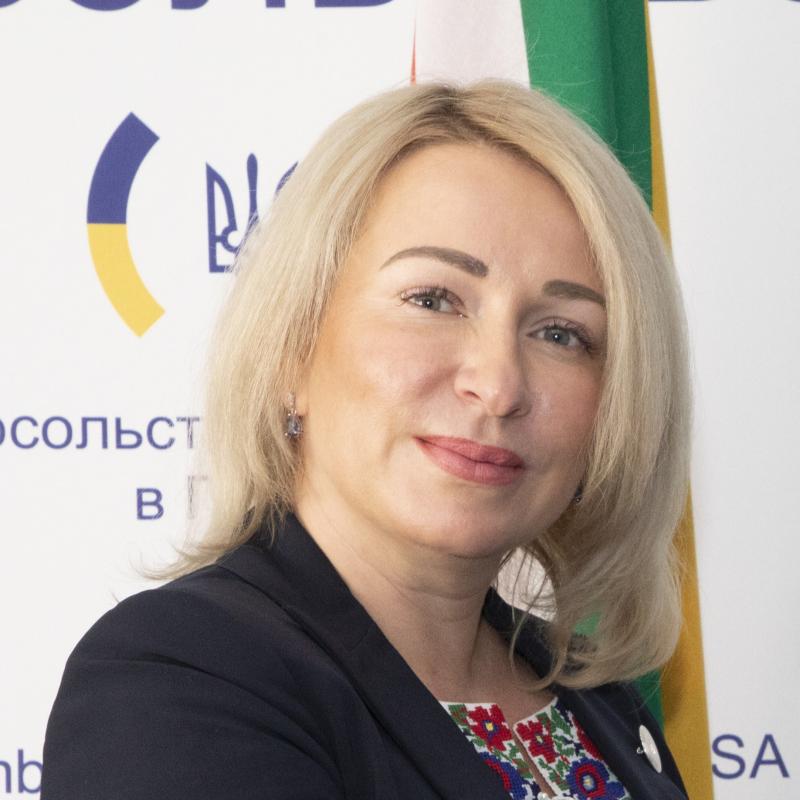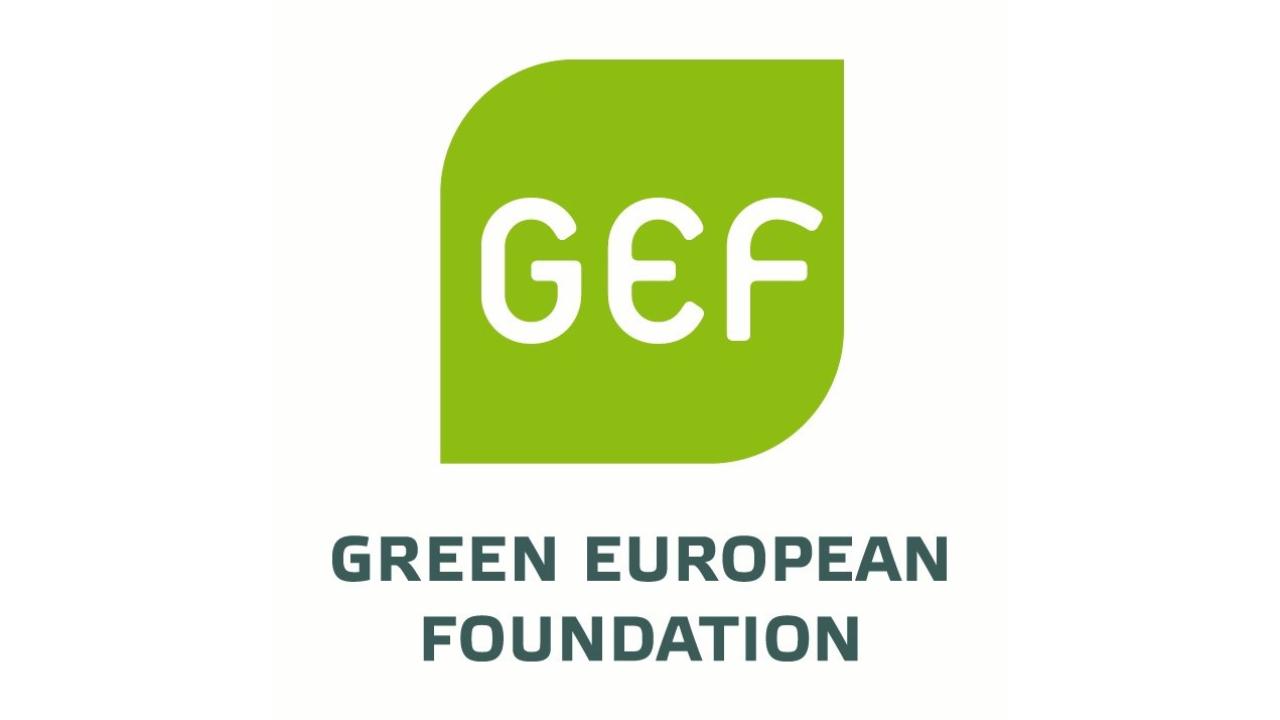As global support for Ukraine weakens and Russia deepens its foothold across Africa, Ukraine’s diplomatic efforts are turning toward building genuine, strategic partnerships beyond Europe. Ambassador Liubov Abravitova, who until July 2025 serves as Ukraine’s envoy to South Africa and the wider region, offers a bold vision in which Ukraine presents itself not as a recipient of help, but as a capable partner – on security, energy, food systems, and democratic cooperation.
How has Ukraine’s foreign policy toward Africa – and South Africa in particular – evolved since the full-scale Russian invasion in 2022? What are the priorities and key challenges in building stronger ties with countries on the continent?
“In 2022, Ukraine’s diplomatic and economic presence in Africa was uneven and varied significantly from country to country. You cannot speak of Ukraine’s relationship with Africa as a whole; rather, you must assess it on a regional or even country-by-country basis. Historically, Ukraine had long-standing and stable ties with many African states, dating back to its support for liberation movements and educational exchanges during the Soviet period and continuing through Ukraine’s independence. In fact, by 2022, around 9,000 African students were studying in Ukraine.
However, since 2013–2014, when the war with Russia began, there has been a stagnation in Ukraine’s relations with many African countries. In the case of South Africa, this meant a significant drop in trade and a general political disengagement. There was a notable pause in bilateral relations, which resulted in a generational shift – political actors started to forget or even misunderstand the importance of the Ukraine–South Africa partnership.
Having served in South Africa since 2017, I witnessed first-hand the hesitation from both the political establishment and media when it came to building dialogue with Ukraine. Many were simply waiting for the Ukraine–Russia situation to resolve itself. Then came 2022, and South Africa found itself at a difficult crossroads: international law was clearly violated, democracy came under threat, and the Russian invasion triggered ripple effects such as food insecurity, which affected the entire region.
As a regional leader, South Africa is particularly impacted by crises in neighbouring countries – many of which face environmental stress due to droughts or floods exacerbated by climate change. The war created further instability, fuelling migration to South Africa. All this made the war in Ukraine not only a European issue, but a regional security concern for Africa as well.


